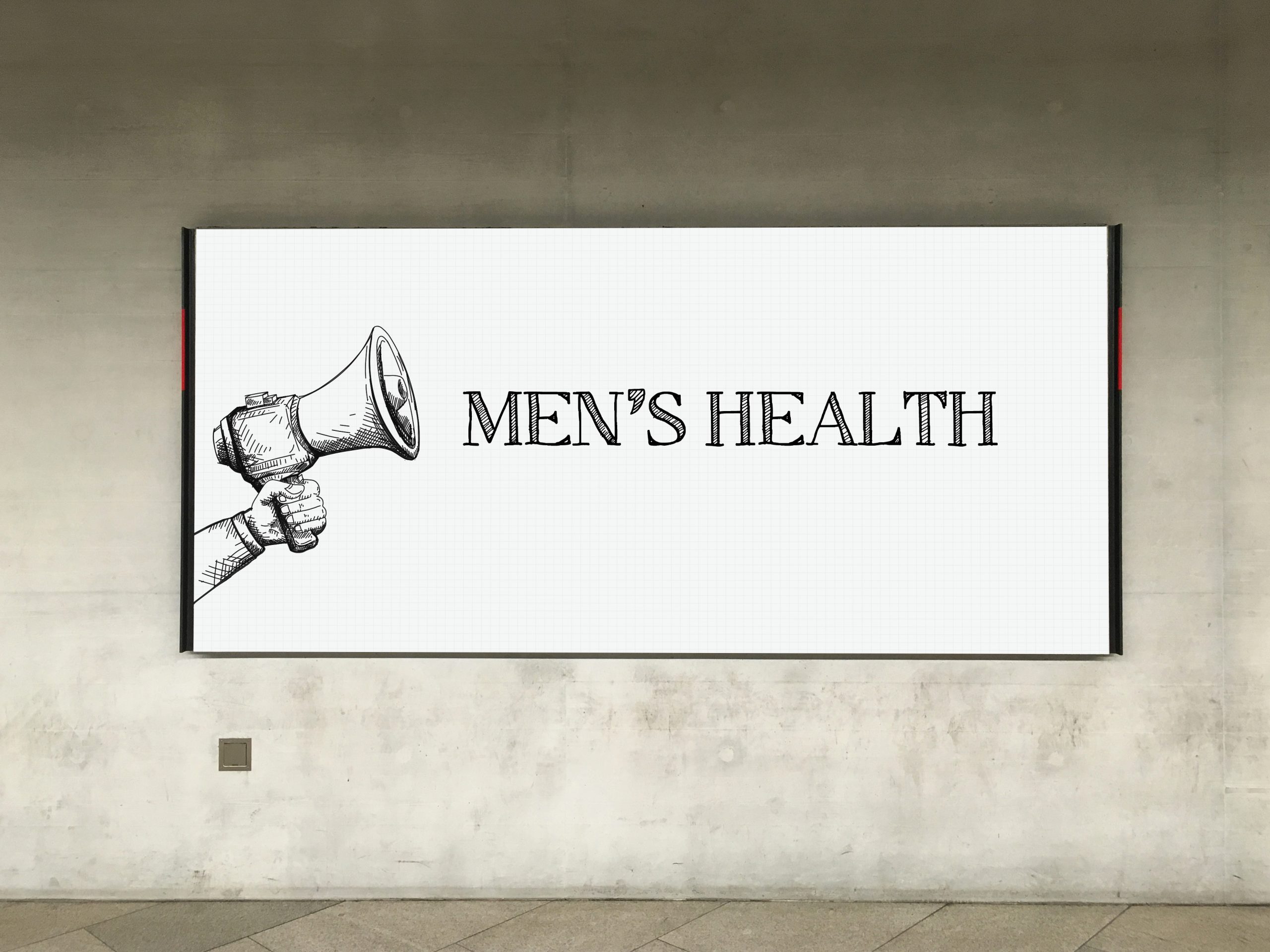The prostate is a small gland located below the bladder in men. As men age, the prostate can be susceptible to various conditions that can impact urinary and sexual function. Understanding the common prostate problems and their symptoms is essential for early detection, timely treatment, and maintaining optimal men’s health. In this article, we will explore the most prevalent prostate problems and the associated symptoms that men should be aware of.
- Benign Prostatic Hyperplasia (BPH): Benign prostatic hyperplasia, also known as an enlarged prostate, is a non-cancerous condition that commonly affects aging men. As the prostate gland grows larger, it can squeeze the urethra, causing urinary symptoms. The symptoms of BPH include frequent urination, weak urine flow, difficulty starting and stopping urination, nocturia (frequent nighttime urination), and a feeling of incomplete bladder emptying.
- Prostatitis: Prostatitis is the inflammation of the prostate gland and can be caused by infection or non-infectious factors. Acute bacterial prostatitis is caused by a bacterial infection and typically presents with sudden onset symptoms such as fever, chills, pain in the lower abdomen or back, pain or burning during urination, and frequent urination. Chronic bacterial prostatitis, chronic non-bacterial prostatitis, and asymptomatic inflammatory prostatitis are other forms of prostatitis with varying symptoms and durations.
- Prostate Cancer: Prostate cancer is one of the most common cancers among men. In its early stages, prostate cancer may not cause noticeable symptoms. As the cancer progresses, symptoms may include urinary changes such as increased frequency, weak urine flow, difficulty initiating or stopping urination, blood in the urine or semen, erectile dysfunction, bone pain, and weight loss. Regular screening, including prostate-specific antigen (PSA) blood tests and digital rectal exams, can help detect prostate cancer in its early stages.
- Prostate Stones: Prostate stones are calcifications that can form in the prostate gland. Small stones may not cause any symptoms and are often discovered incidentally during diagnostic tests. However, larger stones can cause symptoms such as pain or discomfort in the pelvic area, difficulty urinating, frequent urination, and urinary tract infections.
- Ejaculatory Disorders: Some prostate problems can affect sexual function, specifically ejaculation. Retrograde ejaculation is a condition where semen flows backward into the bladder instead of exiting the penis during ejaculation. It may occur as a result of prostate surgery or certain medications. This condition is characterized by a dry orgasm with minimal or no semen ejaculation.
- Urinary Incontinence: Although urinary incontinence is more commonly associated with conditions affecting the bladder, such as urinary tract infections or bladder control issues, certain prostate problems can contribute to urinary incontinence as well. For example, an enlarged prostate can obstruct the urethra, leading to urinary urgency, leakage, or difficulty controlling urination.
- Urinary Tract Infections (UTIs): UTIs can occur when bacteria enter the urinary system, including the prostate gland. Symptoms of a UTI can include pain or a burning sensation during urination, frequent urination, cloudy or bloody urine, and a persistent urge to urinate. While UTIs can affect anyone, men with prostate problems may be more susceptible due to the potential for urinary tract obstructions.
- Erectile Dysfunction: Erectile dysfunction (ED) is the inability to achieve or maintain an erection sufficient for sexual activity. Although not directly caused by prostate problems, certain prostate conditions or treatments, such as surgery or radiation therapy for prostate cancer, can contribute to ED. It is important to seek medical advice if experiencing persistent difficulties with achieving or maintaining












